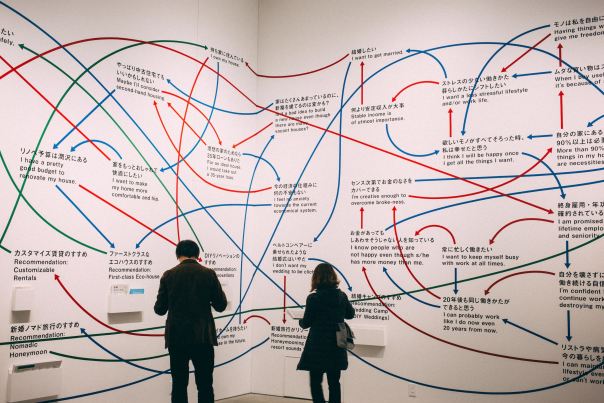I just came back from a three month residency in Taos, New Mexico. As someone who is not independently wealthy and has a few (many, loud) obligations to people and entities that cannot be put on hold for an entire, unbroken three months…it was not exactly the most peaceful or focused period of artistic creation anyone has ever had. Life must go on, after all.
But I never (truly) expected it to be. Hoped it would be? Sure. Expected it to be? Naw.
While a residency is meant as a time to take a pause on the rest of the world and focus only on your art…they are, in my experience, more than that. Yes, how lovely would it be to truly turn off the world (especially the world as it is right now) and just create. But to me they are opportunities to live, for a time, in a place I would never be able to afford to live in (or perhaps even think about moving to) otherwise. It’s a chance to be filled up with new experiences, a new environment, new people. It’s a time to be inspired by others’ practices, art, and points of view.
But I think most importantly, it’s also a time when you keep your artistic practice at the forefront of your mind — even when you are not actively creating, you are aware that you are there to create. And that time is limited. It’s pressurized time. That simple awareness and ticking clock makes you prioritize the work, and to look at everything that happens there as fuel for that work. Even interruptions. Even the things that don’t go as planned. Even the things you miss while you’re gone.
It’s easy to allow your priorities to slip in every day life. It’s easy to forget things that are important to you. And sometimes a change of scenery is the thing you need to remind you of what you do and why. And maybe discover something you’ve lost.
And one thing I was reminded of while in Taos was my love of late night radio. I am such a Spotify bitch — I don’t listen to radio anymore, only the endless playlists and podcasts. I even find myself listening to the same episodes of the same podcasts over and over, like a kind of security blanket.
But in Taos, I began to listen to the local radio station True Taos Radio — and I was even a guest one early morning to promote an artist showcase. But what started my new obsession for the station was the segment “Monotone Mondays” on Monday nights from 10pm-12am during which the DJ listed the artists he was about to play in such a performance poetry adjacent vibe that it made me stop the conversation I was in the middle of and listen. I was hooked.
I began streaming it as often as I could, and often when I was writing. I came to love the listing off of the local events that day, mentioning locations I was familiar with and sometimes artists I’d met who would be performing at the Taos Inn or the Alley Cantina; the ads for local businesses; the casual DJ voices; the always new, always a bit odd, always changing music choices. It made me remember how something can be hyper-local and still feel strangely expansive.
One Monday night, I kept listening past when Monotone Mondays ended. I was writing, pushing to meet a deadline I’d made up for myself. It was Tuesday morning at 1am…and suddenly I discovered “The Alligator Farm.”
I was only able to catch it a couple times, but what I remember of The Alligator Farm was a mix of macabre sketches, oddball music, non sequiturs, and high strangeness that again made me stop and listen. It was chaos and whimsy at 1am. And I loved it, even if I didn’t understand it.
I suddenly remembered years of driving late nights listening to George Noory. Being seven years old and hosting my own radio show in my room that I recorded on cassettes in my boom box. The early morning radio I’d look forward to on my long commutes to a job I hated.
I don’t know where this remembering, this discovery may lead to. Maybe nowhere. Maybe the act of remembering and being inspired or being made to stop and listen to something fleeting, that I can’t go back and replay, is enough. Maybe THAT is just another way of keeping these things present in our minds. THAT is what I got from the residency.
That’s the scariest thing about leaving a residency. That any progress you made shaking off bad habits or a poor artistic attention span will slip right back to where you started.
Remembering is a practice, just like mindfulness, just like writing. It is active.
Perhaps I didn’t finish the great American play at the residency. But I got The Alligator Farm. And you know what I’ll be doing at 1am (12am PT) this Tuesday night. So I can keep remembering. So I can keep this feeling at the forefront of my mind and not let that ticking clock out of my sight.
Here’s to you. Finding your own Alligator Farm.






























